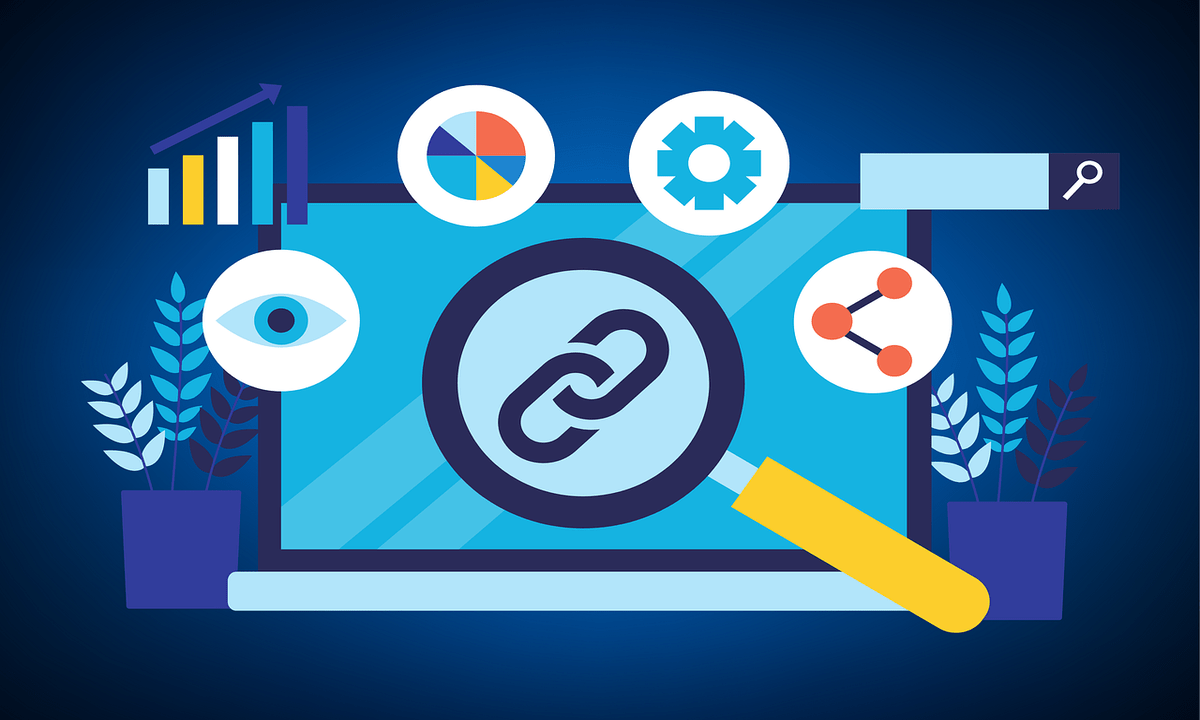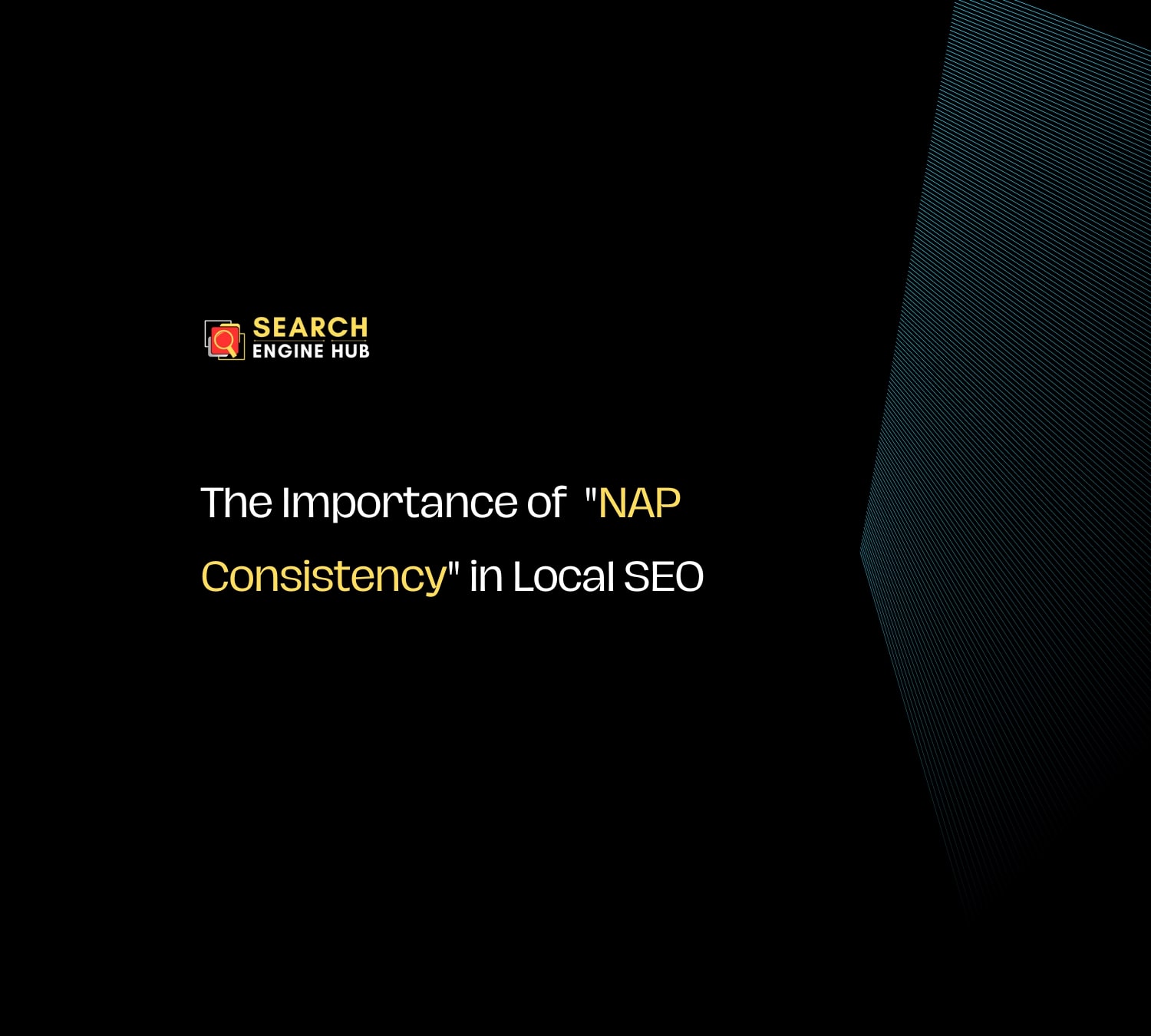Many websites struggle to rank well despite having quality content. Without backlinks, even valuable content remains unnoticed, limiting visibility and traffic.
Search engines use backlinks to assess website credibility. Weak backlink profiles result in poor rankings, leading to lower traffic. Low-quality links can also attract penalties, further affecting visibility.
Understanding backlink mechanics and implementing strategies can enhance rankings, increase traffic, and strengthen credibility.
What are Backlinks?
Backlinks are links from external websites pointing to a webpage. These links act as endorsements, signalling to search engines that content is credible and valuable.
Types of backlinks:
- Do-follow links pass SEO value and influence rankings
- No-follow links do not contribute to rankings but can generate traffic and brand exposure
Backlinks provide trust signals that search engines use to determine page authority and relevance.

How Backlinks Affect SEO
Search engines assess backlinks to determine ranking positions. Websites with quality backlinks gain trust, making them more likely to rank higher.
Effects of backlinks:
- Influence rankings by indicating content credibility
- Improve domain authority through high-value links
- Drive referral traffic from authoritative sources
- Increase indexation speed by helping search engines find content faster
- Strengthen trust signals that impact ranking algorithms
- Encourage organic link acquisition by increasing exposure
Quality vs. Quantity
Not all backlinks hold the same value. Focusing on high-quality links delivers better results than acquiring numerous low-value links.
Elements of a quality backlink:
- Authority of the linking website
- Relevance to the linked content
- Natural placement within the article
- Organic link acquisition rather than manipulative tactics
- Contextually relevant anchor text to improve indexing
Low-quality links can harm rankings, making it necessary to monitor sources and disavow harmful links.
Effective Link-Building Strategies
Building strong backlinks requires structured planning and execution.
Ways to acquire backlinks:
- Publish high-value content that naturally attracts links
- Contribute guest posts to industry-relevant sites
- Engage in partnerships with authoritative websites
- Use social media to amplify content reach
- Gain citations from credible sources through outreach
- Monitor competitors’ backlinks and identify opportunities
- Submit site to trusted business directories for credibility
- Conduct broken link outreach to replace outdated links with relevant content
- Create linkable assets such as research studies, infographics, and guides
- Participate in relevant online discussions and forums
Monitoring and Managing Backlinks
A strong backlink profile requires ongoing evaluation.
Tools to track backlinks:
- Google Search Console
- Ahrefs
- SEMrush
- Majestic
- Moz Link Explorer
- Linkody for monitoring backlinks and detecting changes
Methods for managing backlinks:
- Identifying harmful links and removing them
- Disavowing spam links through Google’s Disavow Tool
- Tracking lost or broken links and restoring valuable ones
- Reaching out to websites to reclaim uncredited mentions
- Analysing backlink growth patterns to refine link-building strategies
Common Myths About Backlinks
Several misconceptions lead to ineffective link-building strategies.
False assumptions about backlinks:
- More links mean higher rankings – quality matters more
- All links pass value – only do-follow links impact rankings
- Any link helps SEO – low-quality links can lead to penalties
- Link-building is a one-time task – ongoing monitoring is necessary
- Buying links guarantees ranking improvements – paid links can lead to penalties
- Social media links contribute directly to rankings – they provide indirect benefits through exposure

Future Trends in Backlinking
SEO and backlinking continue to evolve, requiring adaptation to new trends.
Upcoming changes:
- Content relevance influences how search engines rank contextually relevant backlinks
- AI-driven evaluations identify manipulative link-building tactics
- User engagement signals affect the strength of backlinks
- Increased reliance on brand mentions as ranking signals
- Stricter penalties exist for unnatural link-building practices
- E-E-A-T (Experience, Expertise, Authoritativeness, Trustworthiness) affects backlink assessment
- Real-time link monitoring improves backlink effectiveness
Conclusion
You may also be interested to read about “Backlinks vs. Referring Domains“
Backlinks remain a key factor in SEO success. A well-planned backlink strategy improves rankings, increases traffic, and enhances credibility. Focusing on quality and relevance leads to long-term benefits. Consistent monitoring and ethical link acquisition ensure sustained improvements in search visibility.
Expanding outreach efforts, refining content strategies, and using link-tracking tools can strengthen backlink profiles over time. A proactive approach to link management ensures long-term ranking stability and competitive advantage.
For professional link-building solutions, contact us today to strengthen your backlink strategy and improve search performance.




